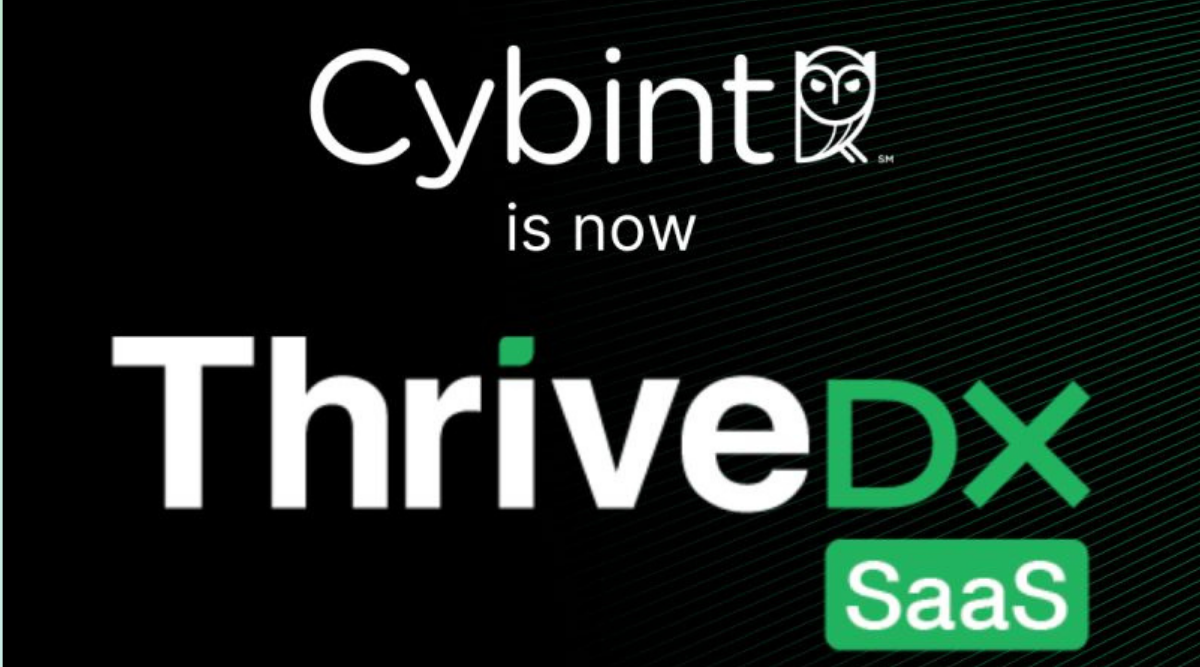If you’ve been looking forward to cyber Monday deals, you’re not alone. Hackers are also gearing up for the massive online shopping day, preparing to ramp up their efforts for a festive hacking season.
Before you jump into one of the biggest spending days of the season, it’s good time to brush up on these cybersecurity tips for cyber Monday:

1. Only Shop on Secure Sites
First step to online shopping safety: make sure the URLs of the sites you shop on start with “https”, not “http”. The difference? HTTPS is just like HTTP but uses SSL to encrypt requests. In plain English, HTTPS sites are more secure than their counterparts, HTTP.
2. Choose Your Method of Payment Wisely
Some forms of payment can’t be retrieved or refunded, like wired money. Additionally, debit cards are linked to your bank account, and pose a much higher risk if compromised. Payments made with credit, on the other hand, have a level of fraud protection. The Fair Credit Billing Act gives consumers the right to dispute charges with their credit provider.
3. Monitor Your Credit
Even though credit cards have the protection of the Fair Credit Billing Act, you’ll still have to check your statements for unfamiliar charges. Signing up for a credit monitoring service can track your accounts for suspicious behavior.
4. Think Before Clicking
This is one of the most important tips. Shopping online, particularly on mobile devices, can lead to impulsively clicking on malicious links. Be wary of URLs, especially shortened ones. If you don’t trust the sender, remember to take caution.

5. Approach All Emails With Suspicion
These days, scammers do a really good job of making phony emails look like they’ve come from a reputable company or individual, and even outsmarting spam filters. All emails need to be approached with a level of caution. Check the sender address, even if at first glance they look as if they’re from a legitimate sender.
6. Make Sure Your Browser is Updated.
In fact, make sure everything us updated: apps, software, operating systems on all devices. Earlier this month, two severe vulnerabilities were found with Google’s Chrome web browser, and Google swiftly released an update to patch these vulnerabilities. Not updating your browser and other software makes you an easy target for cyber-criminals.

7. Don’t Use the Same Password
If you use the same password across multiple sites, all it takes is one breached account. You’re practically paving the way for hackers. If you’re not sure if your password hygiene is up to speed, check out our infographic: How to Make a Password Stronger.
8. Avoid sketchy deals and sites
If the deal looks too good to be true, remember it probably is. Try to shop with trusted retailers, or to ensure you do some research to ensure you’re shopping on a trusted site. Check with the Better Business Bureau to see if any red flags pop up.
9. Don’t Hop on the Nearest Public Wi-Fi to Snag a Deal
It might be tempting, but it’s not worth it. Remember, hackers can easily access your information if you use public Wi-Fi, and that can give them access to your credit cards, emails, phone numbers, and loads of other pieces of sensitive data. Even if you’re not doing anything that requires extra sensitivity, like checking your banking information or making a transaction, when you use public Wi-Fi you could be opening the door for hackers.

10. Fill Out Forms Sparingly
Don’t overshare information you don’t have to. Remember, with data breaches becoming commonplace, the information you’re filling out on that sign-up form might not be private for long. And on that note…
11. Read the Privacy Policy
Realistically, most just tick the box and submit. Who’s got time to read a 12 page agreement full of legal jargon? But before writing it off entirely, try to find out who your information can be shared with, how it is protected and stored, and if you are permitted to delete your data afterward.

12. Use a VPN
Particularly if you’re going to ignore the advice about not using public Wi-Fi (we do not recommend that), take some measures if there’s an instance in which you truly must. Use a VPN. A VPN allows you to make a secured internet connection to another network.
13. Be Proactive
Enable the security features on your devices, such as two-factor authentication. Keep your receipts. Back up your devices. When something’s not right, report the transaction if you fear you have been scammed. The important message here is to be aware and alert.
These cybersecurity tips for cyber Monday aren’t an “end-all, be-all” for ensuring your online shopping safety, but we hope they can encourage better cyber habits. To keep up with all things cyber and receive periodic online safety tips and industry news, sign up to our monthly newsletter.





